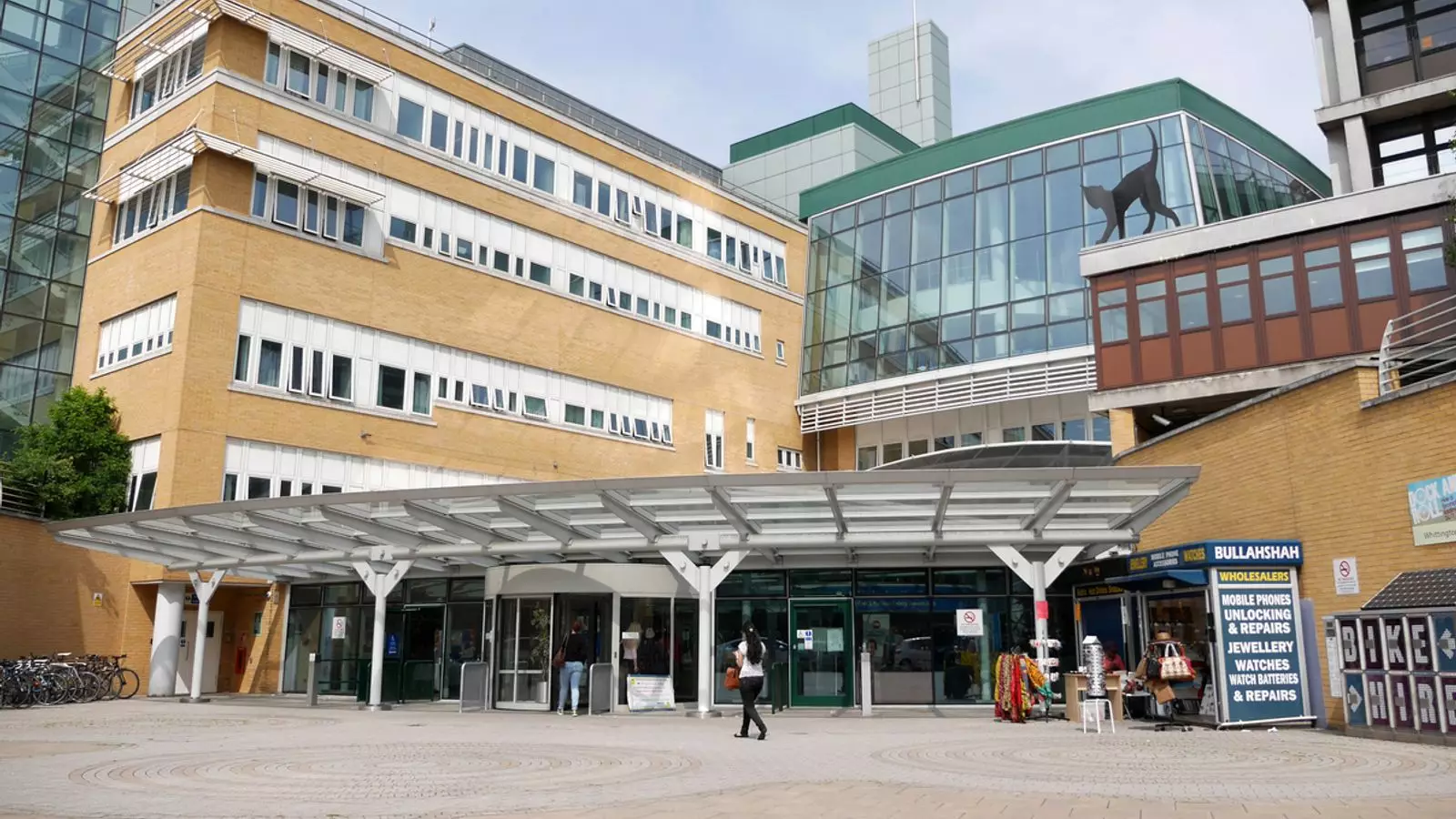As the winter months intensify, so do the challenges facing the National Health Service (NHS) in the UK. The situation has escalated to the point where a hospital in north London, the Whittington Hospital, has resorted to advertising for ‘corridor nurses’ to tend to patients in the hallways. This decision highlights the profound systemic issues that plague the health service, particularly during periods of increased demand. Dubbed a “quad-demic,” the combination of flu, COVID-19, norovirus, and respiratory syncytial virus (RSV) is overwhelming facilities and necessitating drastic measures.
The reliance on corridor care signifies a failure of the health system to adequately manage patient flow and resource allocation. Hospitals across the UK, including Whittington, have had to declare critical incidents, indicating that they are unable to meet the urgent needs of their patients. Whittington Health NHS Trust openly acknowledged that providing care in corridors might be a last resort when “very significant pressure” is felt in urgent and emergency care. This concession not only reflects a breakdown in standard operating procedures but also raises ethical questions about the quality of care that patients receive under such conditions.
Moreover, the practice of treating patients in corridors is emblematic of a broader malaise in the healthcare system. Health Secretary Wes Streeting’s observations during visits to emergency departments illustrate a concerning normalization of what should be considered unacceptable. He noted, with visible distress, that even on a “good day,” patients were being treated amongst trolleys in corridors, revealing a cultural shift that trivializes the ongoing crises. Streeting’s apprehension about this trend signifies a growing awareness among officials that corridor care is symptomatic of a system under siege.
Prominent voices within the medical community, such as Ian Higginson and Dr. Adrian Boyle, have condemned this approach to patient care. Higginson pointed out the normalization of corridor care, lamenting that the job advertisement should not be viewed as new or innovative but rather as an unfortunate indicator of ongoing failures. His comments signify a call to action, urging stakeholders to address the underlying issues rather than finding workarounds that compromise patient dignity.
Dr. Boyle’s remarks further illuminate the dangers associated with corridor care. Describing such conditions as degrading, dehumanizing, and dangerous, he underscores the inherent inadequacies of providing healthcare in non-traditional settings. The inability to guarantee safe patient care in corridors and similar environments raises serious moral and medical dilemmas, implying that the very backbone of medical ethics is being undermined during acute crises.
To truly address the challenges faced by the NHS, it is crucial to initiate systemic reforms rather than simply treating the symptoms of the crisis. As hospitals grapple with overflow demands, there should be an urgent mandate for increased funding, staffing, and resources dedicated to emergency care. It is not enough to simply fill gaps in existing protocols; the focus must shift toward sustainable and adaptable solutions that can oversee efficient patient care even during peak times.
Additionally, fostering a culture that values patient dignity and quality of care over mere operational efficiency is imperative. Policymakers must prioritize strengthening community health resources and preventive care to alleviate the pressure felt in hospitals. Initiatives that connect patients with outpatient services or alternative healthcare providers can reduce emergency department congestion, paving the way for a more fluid and responsive healthcare system.
The outcry over corridor care is a clarion call for significant change within the NHS. As the general public and healthcare professionals alike express their concerns regarding the normalization of such practices, it is essential to reconsider how the healthcare system is structured and funded. Failure to adapt could result in more patients experiencing the indignities of corridor care, while healthcare staff continue to work in a highly pressurized environment. To uphold the core values of compassion and safety in medicine, it is time for decisive action to ensure that the health services are not only preserved but improved for future generations.

Leave a Reply